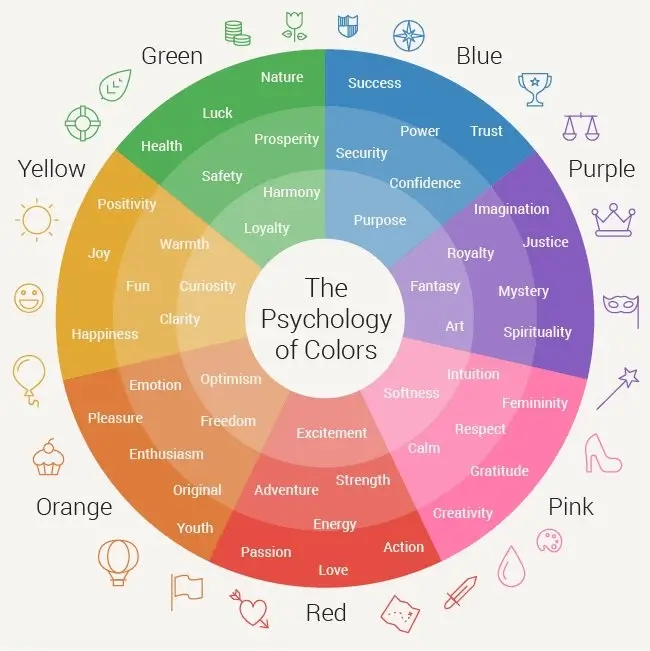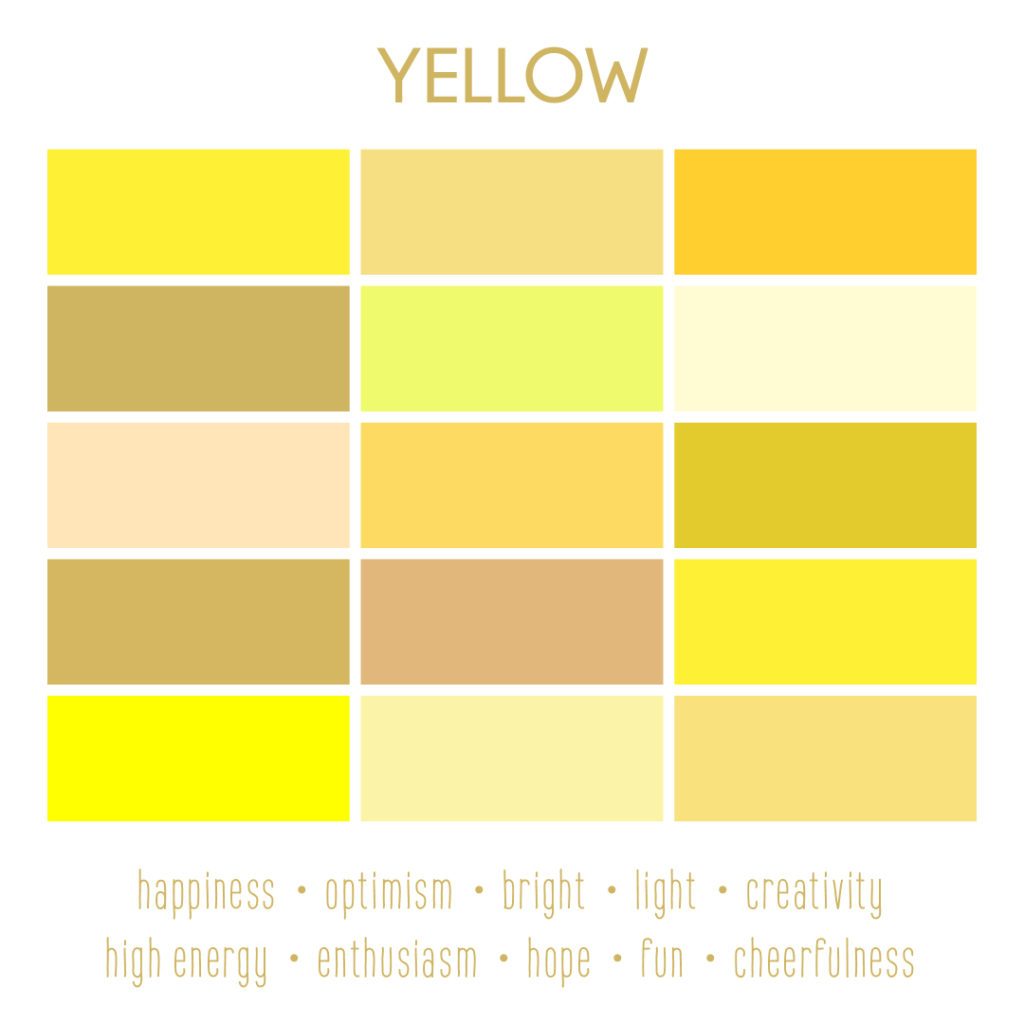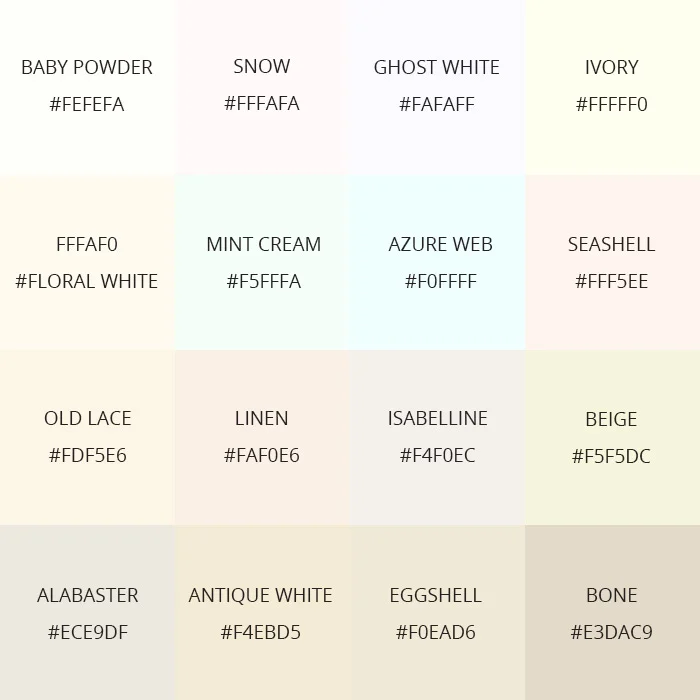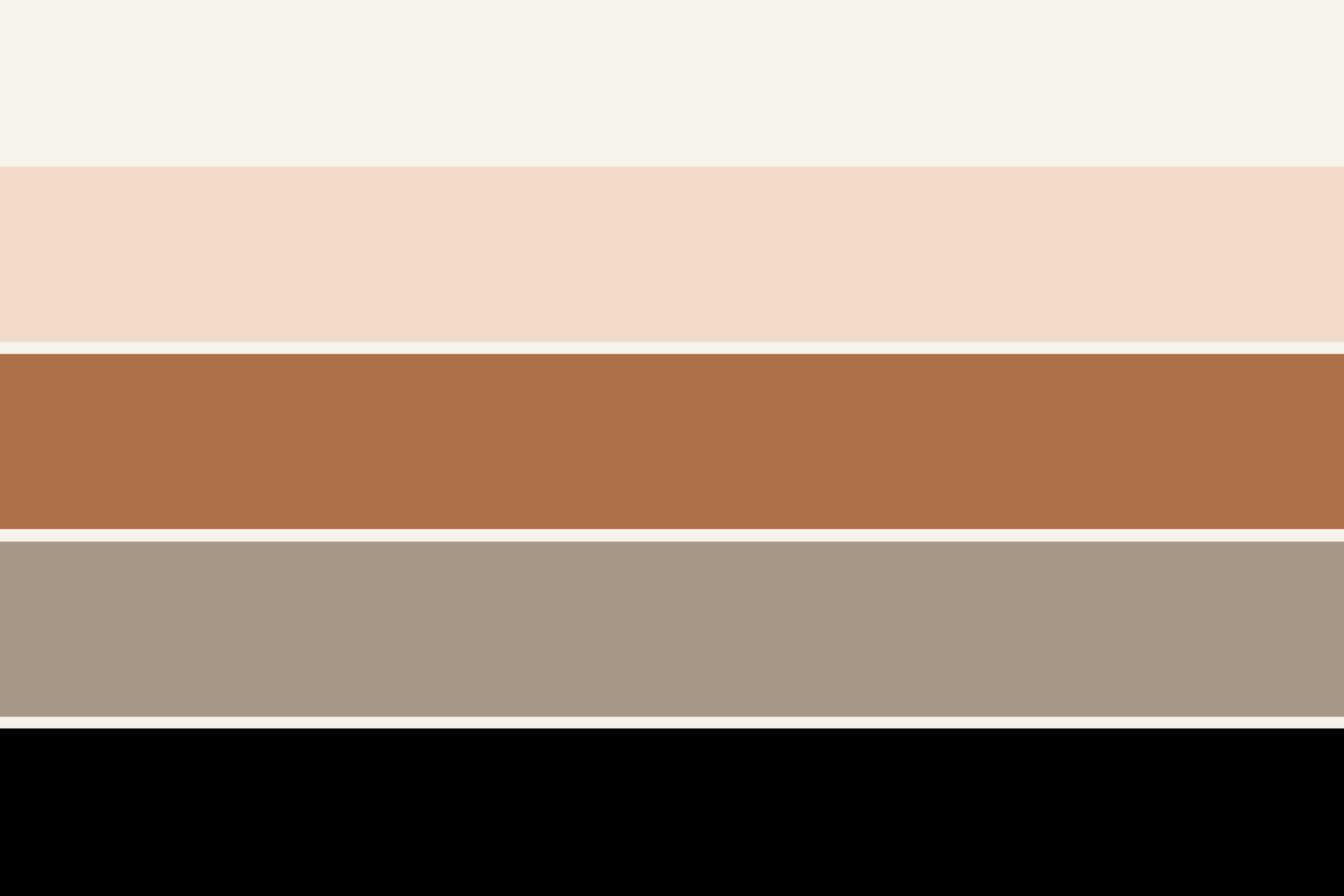Fashion Psychology: How Color Choices in Clothing Affect Mood and Perception

The colors we choose to wear do far more than simply complement our complexion or follow seasonal trends—they communicate powerful nonverbal messages, influence our psychological state, and shape how others perceive us. The fascinating intersection of color theory and psychology reveals how these seemingly simple choices can impact everything from our confidence levels and emotional wellbeing to others' professional assessments and social responses. At Clothz, we believe understanding these connections can help you make more intentional wardrobe choices that not only look beautiful but also support your emotional needs and communication goals.
This comprehensive guide explores the psychological impact of different color choices in clothing, providing practical insights for harnessing color's power in your everyday wardrobe decisions.
The Science Behind Color Psychology

Before exploring specific colors, it's worth understanding the scientific foundations behind color's psychological impact:
Neurological and Hormonal Responses
Colors trigger measurable physiological reactions:
- Visual Processing: Color information travels from retinal cones to the visual cortex and limbic system
- Autonomic Nervous System: Certain colors stimulate sympathetic (energizing) or parasympathetic (calming) responses
- Hormonal Influences: Colors can trigger cortisol, serotonin, and dopamine fluctuations
- Heart Rate and Blood Pressure: Some colors demonstrably affect cardiovascular measurements
Cultural and Environmental Conditioning
While some color responses appear universal, many are shaped by cultural context:
- Cultural Symbolism: Color meanings vary significantly across cultural traditions
- Historical Associations: Past usage creates lasting psychological connections
- Contemporary Media: Current associations continually evolve through modern imagery
- Personal Experience: Individual histories create unique color associations
With these foundations in mind, let's explore how specific colors can impact both your own psychological state and others' perceptions of you.
The Psychological Impact of Key Colors
Different colors in the spectrum trigger distinct psychological and perceptual responses:
Red: Power, Passion, and Energy

Perhaps no color carries stronger psychological associations than red:
Psychological Impact on Wearer:
- Increases confidence and feelings of power
- Elevates energy levels and physical performance
- Potentially increases self-perceived attractiveness
- May slightly raise body temperature sensations
Perception by Others:
- Associates with dominance and authority
- Increases perceived physical attractiveness in social contexts
- Potentially triggers competitive responses in professional settings
- Creates strong first impression and memorability
Strategic Wardrobe Applications:
- Power dresses for important presentations or negotiations
- Strategic accessories for attention-focusing details
- Red jackets as confidence-boosting pieces for key events
- Date night outfits designed to maximize romantic attraction
Our collection of statement jackets includes carefully selected red options designed to harness this color's confidence-boosting properties. For guidance on styling bold pieces like red jackets across different contexts, explore our article on Day to Night: How to Style One Jacket for Work, Casual Outings, and Evening Events.
Blue: Trust, Competence, and Calm
Blue consistently ranks as the world's favorite color, with powerful professional applications:
Psychological Impact on Wearer:
- Reduces anxiety and stress hormone production
- Lowers blood pressure and heart rate
- Enhances focus and concentration
- Creates feelings of orderliness and control
Perception by Others:
- Signals reliability and trustworthiness
- Communicates professional competence
- Promotes collaborative rather than competitive interactions
- Creates perception of stability and dependability
Strategic Wardrobe Applications:
- Interview and presentation outfits to establish credibility
- Client-facing professional attire for trust building
- Stress-reduction outfits for high-pressure days
- Negotiation settings where cooperation is prioritized over domination
For insights on incorporating blue into versatile denim pieces that work across seasons, visit our guide to Exploring Colored Denim and How to Style It for Every Season.
Yellow: Optimism, Creativity, and Energy

Yellow captures attention while conveying warmth and positivity:
Psychological Impact on Wearer:
- Elevates mood and optimism
- Stimulates creative thinking and problem-solving
- Increases energy perception and alertness
- Potentially improves memory and recall
Perception by Others:
- Creates impressions of approachability and friendliness
- Signals creative thinking and innovation
- Potentially overwhelming in large quantities
- High visibility creates strong memorability
Strategic Wardrobe Applications:
- Creative professional settings where innovation is valued
- Mood-boosting choices for challenging seasonal transitions
- Attention-grabbing accessories for strategic emphasis
- Social settings where approachability is prioritized
Our sweaters collection includes thoughtfully selected yellow options perfect for creating mood-enhancing outfit combinations. Learn more about incorporating statement colors into everyday wear in our guide to How to Style Statement Sweaters for Everyday Elegance.
Green: Balance, Growth, and Reassurance
Green bridges the stimulating and calming ends of the spectrum:
Psychological Impact on Wearer:
- Reduces stress while maintaining alertness
- Creates balance between energy and calm
- Potentially improves reading speed and comprehension
- Reduces anxiety in performance situations
Perception by Others:
- Communicates growth and development orientation
- Signals balance and good judgment
- Creates impressions of health and vitality
- Promotes feelings of reassurance and safety
Strategic Wardrobe Applications:
- Balance-requiring situations like job interviews
- Teaching and mentoring contexts
- Health and wellness professional settings
- Development-focused business presentations
Purple: Creativity, Wisdom, and Uniqueness
Purple's historical associations with royalty create distinctive impressions:
Psychological Impact on Wearer:
- Stimulates creative problem-solving
- Encourages introspection and thoughtfulness
- Creates sense of uniqueness and distinction
- Potentially enhances artistic performance
Perception by Others:
- Signals creative expertise and artistic sensibility
- Creates impressions of wisdom and thoughtfulness
- Communicates comfort with standing out
- May appear unconventional in highly traditional settings
Strategic Wardrobe Applications:
- Creative professional contexts
- Artistic performance or presentation settings
- Academic and intellectual environments
- Settings where differentiation is advantageous
Black: Authority, Sophistication, and Focus

Black remains psychology's power player for creating strong impressions:
Psychological Impact on Wearer:
- Increases self-perception of authority and competence
- Creates psychological boundary between self and environment
- Potentially increases focus on performance rather than appearance
- May slightly increase perceived self-weight (slimming effect myth)
Perception by Others:
- Signals authority, expertise, and seriousness
- Creates impressions of sophistication and refinement
- Communicates focus and determination
- May create perception of emotional distance
Strategic Wardrobe Applications:
- High-authority leadership contexts
- Formal professional and social environments
- Situations requiring focus on content over appearance
- Contexts where sophisticated elegance is appropriate
Our quality black basics provide foundation pieces for creating these powerful impressions. For guidance on building a versatile wardrobe with strategically selected black pieces, explore our article on The Art of Capsule Wardrobes: Creating Endless Outfits with Fewer, Better Pieces.
White: Clarity, Simplicity, and Openness

White creates distinctive psychological and perceptual effects:
Psychological Impact on Wearer:
- Creates sense of clarity and mental space
- Potentially increases perceived organization skills
- May heighten self-awareness of physical presence
- Creates psychological sense of new beginnings
Perception by Others:
- Signals precision, clarity, and attention to detail
- Communicates openness and transparency
- Creates impressions of cleanliness and order
- May increase perceived expertise in technical fields
Strategic Wardrobe Applications:
- Medical and technical professional contexts
- Presentations requiring clarity and precision
- Fresh-start situations like interviews or first impressions
- Minimalist aesthetic environments
Neutral Tones: Approachability, Stability, and Versatility

Beige, tan, camel, and gray offer subtle psychological benefits:
Psychological Impact on Wearer:
- Reduces decision fatigue through versatility
- Creates sense of groundedness and stability
- Maintains focus on personal presence rather than clothing
- May slightly decrease self-consciousness
Perception by Others:
- Signals reliability and practicality
- Creates impressions of approachability and relatability
- Communicates sensible judgment and balance
- Allows personal qualities to take center stage
Strategic Wardrobe Applications:
- Versatile foundation pieces for capsule wardrobes
- Connections-focused networking events
- Situations where appearing relatable is advantageous
- Contexts requiring balance between authority and approachability
For insights on selecting versatile neutral pieces, visit our guide to Why Quality Skirts Form the Foundation of a Timeless Wardrobe.
Strategic Color Combinations: Creating Intentional Impressions
Beyond individual colors, combinations create complex psychological effects:
Power Pairings
These combinations create strong authority impressions:
- Black + Red: Maximum authority with strategic emphasis
- Navy + White: Traditional authority with approachable elements
- Charcoal + Burgundy: Sophisticated authority with creative undertones
- Black + Gold Accents: Luxury-oriented authority positioning
Trust-Building Combinations
These pairings enhance trust and connection:
- Navy + Light Blue: Trustworthiness with approachability
- Camel + White: Reliable warmth with transparent communication
- Gray + Soft Pink: Dependable foundation with empathetic elements
- Soft Green + Ivory: Balanced judgment with open communication
Creative Expression Combinations
These pairings signal innovative thinking:
- Purple + Gray: Grounded creativity with professional application
- Yellow + Navy: Innovative thinking within established frameworks
- Teal + Burgundy: Distinctive perspective with thoughtful development
- Orange + Charcoal: Energetic creativity with practical implementation
For guidance on combining colors across seasonal transitions, explore our article on Creative Ways to Incorporate Sweaters Into Year-Round Outfits.
Color Psychology for Different Settings
Context significantly impacts optimal color psychology application:
Professional Environment Considerations
Color choices have significant workplace impact:
For Traditional Corporate Settings:
- Navy, charcoal, and burgundy communicate authority with appropriateness
- Strategic color accents create memorability without inappropriateness
- Quality and fit reinforce color psychology effects
- Consider industry-specific color expectations
For Creative Professional Environments:
- More expressive color choices demonstrate creative capability
- Strategic color statements showcase design sensibility
- Balance between distinctive color choices and professional appropriateness
- Color combinations can demonstrate understanding of visual principles
For navigating appropriate professional color choices, visit our guide to Decoding Dress Codes: What Those Confusing Terms Actually Mean for Your Outfit Choices.
Social Context Applications
Personal settings allow different color psychology applications:
For First Impressions:
- Colors aligned with desired personality perception
- Strategic combinations that express personal style authenticity
- Consideration of setting-specific expectations
- Balance between memorability and appropriate integration
For Relationship-Building Contexts:
- Colors promoting emotional connection and trust
- Approachability-enhancing choices for new relationships
- Consistency building trust through repeated color stories
- Authenticity in color choices matching genuine personality
Self-Care Color Applications
Using color psychology for personal emotional management:
For Mood Enhancement:
- Counterbalancing emotional tendencies with strategic color choices
- Seasonal affective response management through color selection
- Energy-regulation through stimulating or calming color choices
- Confidence-building through power color incorporation
For Identity Expression:
- Color selections authentically reflecting personal values
- Strategic branding through consistent color stories
- Evolution of color preferences reflecting personal growth
- Balance between comfort and intentional color stretching
Personal Color Analysis: Finding Your Most Effective Palette
Individual coloring significantly impacts optimal color psychology application:
Color Season Systems
Traditional personal color analysis creates customized guidance:
- Winter Coloring: High contrast, cool undertones benefit from clear, bold colors
- Summer Coloring: Soft, cool undertones enhanced by muted, dusty hues
- Autumn Coloring: Warm, muted undertones complemented by earthy, rich colors
- Spring Coloring: Warm, clear undertones highlighted by bright, clear colors
Beyond Complexion Considerations
Comprehensive color analysis considers multiple factors:
- Color Contrast Levels: Personal contrast levels affect optimal color combinations
- Value Depth Compatibility: Light/dark balance impacts color effectiveness
- Psychological Comfort Factors: Emotional associations affect color confidence
- Personal Brand Alignment: Strategic color choices support identity communication
Color Confidence Building
Developing your personal color psychology strategy:
- Experimentation Approaches: Systematically testing psychological effects
- Feedback Collection: Gathering responses to different color choices
- Wardrobe Color Audit: Evaluating current color patterns and effects
- Strategic Expansion: Intentionally developing psychological color tools
Conclusion: Intentional Color Psychology
Understanding the psychological impact of color choices transforms shopping from purely aesthetic decisions to strategic self-expression and communication tools. By incorporating these insights into your wardrobe planning, you can not only look your best but also strategically influence your own psychological state and how others perceive you across different contexts.
The most powerful wardrobe leverages both color psychology and quality construction—combining the science of perception with the art of exceptional fit and fabric. Our carefully curated collections offer quality pieces across the color spectrum, designed to help you harness these psychological principles while enjoying beautiful, lasting garments.
Visit our boutique to explore our current seasonal color stories, with knowledgeable staff available to help you identify the most psychologically effective color choices for your specific coloring and communication goals.





